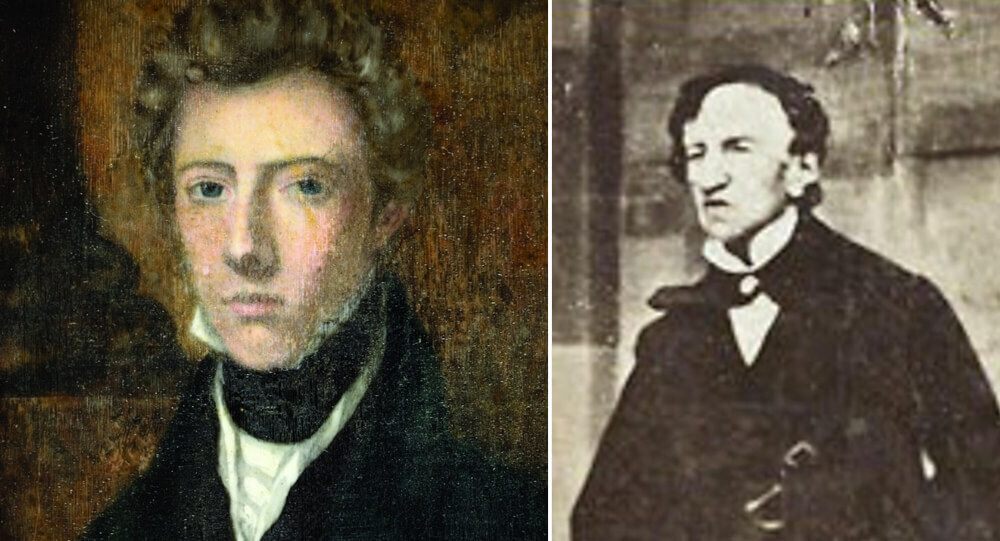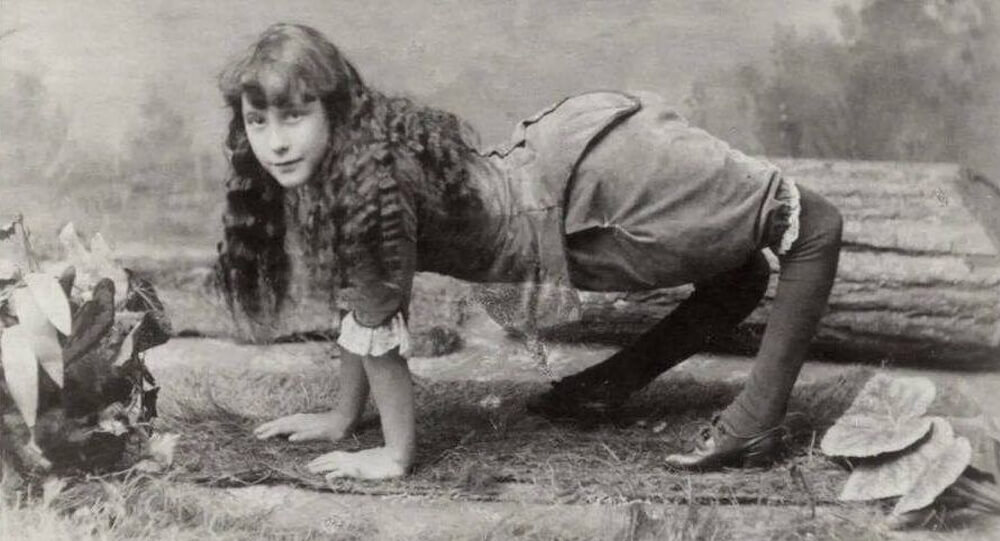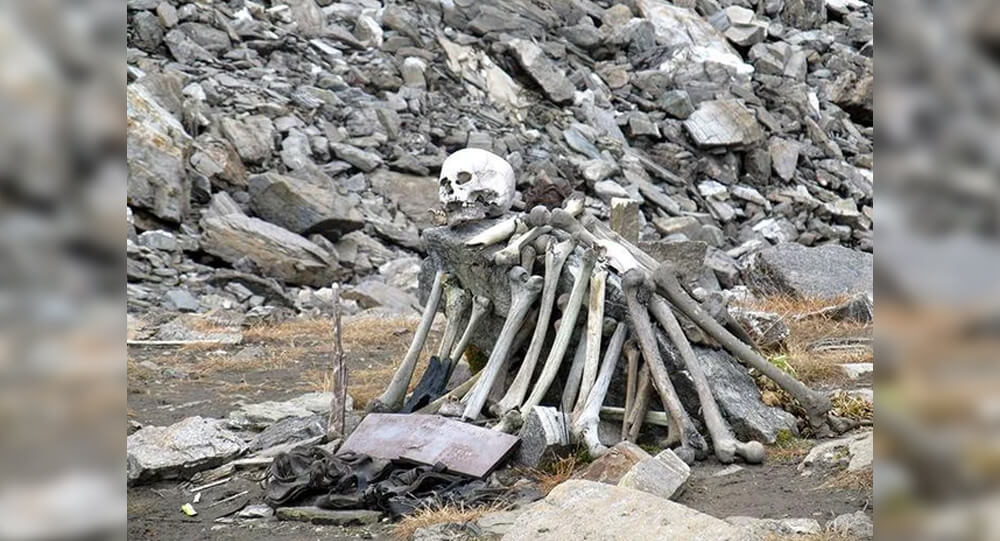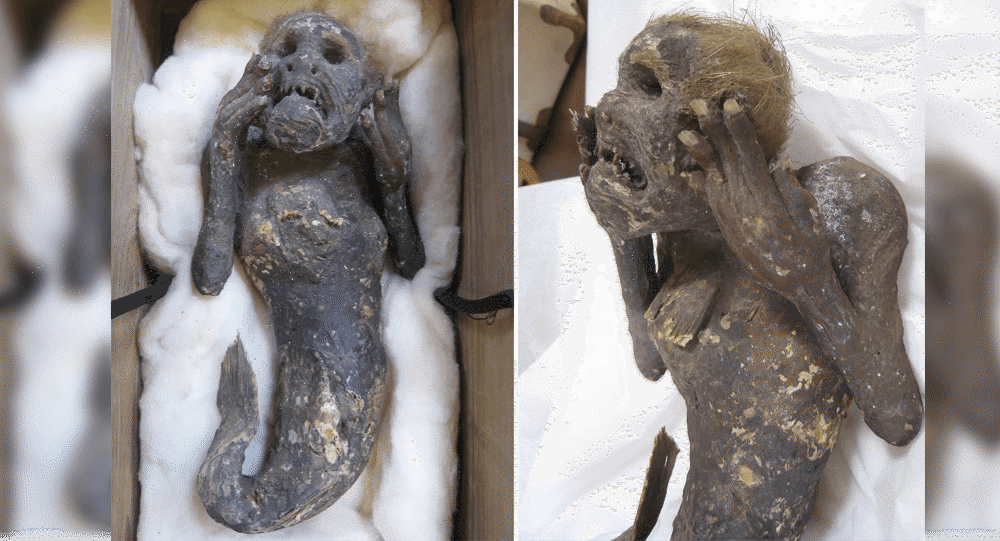
Japanese experts are investigating the presence of a 300-year-old “mermaid mummy.”
The creature stands 30 centimetres tall, with a human-like head, creepy face, and two hands with fingernails.
Its lower body, however, resembles the tail of a fish.

According to the Japanese newspaper Asahi Shimbun, the “mummified mermaid” was caught in a fishing net off the coast of Shikoku between 1736 and 1741, according to a note saved in the same box.
The species was purchased by a family before being passed down to another.
“The fisherman who caught it had no idea it was a mermaid and sold it as a rare fish in Osaka.” According to the New York Post, “my ancestors purchased it and maintained it as a family treasure.”
It was put on display in a temple in Asakuchi about 40 years ago. It’s unclear how it got the remains.

The mummified object was transported to Kurashiki University of Science and the Arts’ veterinary facility for a CT scan in order to ascertain its exact origins.
The mummy, which looks to be locked in a scream, is seen reclining on the examination table with its hairy head and scaley bottom on full view.
This is the first time the creature has been investigated scientifically. The findings are set to be released later this year.
Mermaid mummy believed to grant immortality
The project was founded by Hiroshi Kinoshita, 54, of the Okayama Folklore Society, while he was preparing to be a natural historian who examined strange entities.
Mermaid mummies, according to tradition, are objects of worship and are thought to foresee infectious diseases, according to Mr Kinoshita, according to the New York Post.
“Japanese mermaids have an immortality legend,” he explained.

“It is rumored that if you eat mermaid flesh, you will never die.”
“In many parts of Japan, there is a legend that a woman ate the flesh of a mermaid by accident and lived for 800 years.”
According to the Asahi Shimbun, Kozen Kuida, the top priest of the temple where the mummy is kept, he has been worshipping it, “hoping that it will help ease the coronavirus outbreak even if only a little.”
“I’m hoping that the research study will be documented for future generations.”

The story of a boy who claims to be on Mars: Boriska Kipriyanovich
Boriska Kipriyanovich, who lives in Volgograd, Russia, claims he lived on Mars before being resurrected on Earth on a mission to redeem humanity. What we know about him is as follows:

Famous abandoned cities and ghost towns in the world
Learn the stories behind seven of the world's most renowned abandoned cities and villages, from the infamous Chernobyl nuclear catastrophe zone to Hashima Island.

Poland's Krzywy: The Mysteries of the Crooked trees
In Poland, there is a forest with 400 crooked trees that have a 90-degree bend at the base of their trunks. Despite of numerous possibilities, the real reason and how it evolved remain a mystery.

Mahabalipuram: The mystery behind Lord Krishna's butterball that defies gravity
Krishna's Butter Ball is a massive rock in Mahabalipuram, Tamilnadu, India, that is perfectly balanced on a slope. An attempt was made in 1908 to remove the rock for fear that it would roll down and destroy nearby homes, but the efforts were wasted.

Inside The Mysterious Death Of The Famed Gothic Writer Edgar Allan Poe
Hours before his death Edgar Allen Poe was found on the streets of Baltimore. He was incoherent, wearing another man’s clothes, and unable to explain how he got there. The cause of his death is an unsolved mystery.

10 Rarest and Albino animals you haven’t seen
For centuries, people have been fascinated and enchanted by the ghostly appearances of abnormally white animals. People have loved albinos and other unusually white animals so much that they may be helping to increase their numbers, despite the difficulties these animals face in the wild. While these unusual animals did not win the genetic lottery, they have persevered in the face of adversity.

Chocolate Rain in Switzerland: How a Factory Malfunction Turned Olten Into a Sweet Spectacle
In 2020, chocolate 'rained' from the sky in a town in Switzerland. This incident was caused by a ventilation system malfunction at a chocolate factory in Olten. Strong winds then carried the snow-like cocoa powder and spread it around in the immediate vicinity of the factory, covering cars and other things in chocolate.

What is secret behind the Australia’s mysterious pink lake?
Lake Hillier in Australia maintains a bright pink hue all year round. Although no one knows for sure what causes the unique coloring, experts speculate that it might be the result of high salinity, a pink bacteria called “halobacteria,” and a salt-loving algae species called Dunaliella salina.

The Forgotten Story of Marilyn Monroe’s Stolen Dress That Returned Years Later
One of Marilyn Monroe’s most iconic gowns vanished mysteriously, disappearing into the shadows of Hollywood history. This garment, often regarded as a symbol of glamour and tragedy, slipped away for decades before resurfacing under enigmatic circumstances. Whispers of underground auctions, secret collections, and ghostly legends hint at a fascinating and almost cinematic journey for a dress that once captivated a nation. This article uncovers the intriguing saga of Marilyn Monroe’s stolen dress, tracing its path back into the public eye and exploring its lasting cultural significance.

The birth or sign language in Nicaragua
When 50 deaf Nicaraguan children who did not know sign language were placed in the same classroom, they created their own sign language. Scientists are still researching the unique spontaneous appearance of language, as well as its own evolution and training of grammar.

Jimmy Carter Once Promised to Release UFO Files—Here’s Why He Didn’t
During his 1976 presidential campaign, Jimmy Carter declared a bold intention: if elected, he would make all government UFO information available to the public. A man who openly admitted to having seen a UFO himself, Carter embodied a promise of transparency on one of the most controversial subjects of the Cold War era. However, once in office, Carter found powerful obstacles and, citing "national security concerns," chose not to release the files. This article unpacks Carter’s famous guarantee, the political realities he faced, and the enduring mystery surrounding government UFO secrecy.

Mysterious ghost ship found with mummified captain inside [SOLVED]
German captain had been sailing the world for 20 years. It was unknown when or how he died or how long the ghost ship had been adrift

The Amazing Hanging Stone in Siberia Has Defied Gravity Since the Ice Age
The unbelievable "Hanging Stone" of Siberia weighs around 300 tons and has been hanging off a 1,000-meter cliff since the Ice Age.

When the Sky Rained Fish: An Unbelievable Encounter Above Alaska
A small Alaskan plane was hit by a fish falling from the sky. It had been dropped by an eagle that misjudged its grip. The plane was unharmed, but it made the news as possibly the weirdest bird strike ever.

The Mystery of Canada's Magical Spotted Lake
Lake Khiluk, the world's most mineralized lake, and one of the most mysterious places on Earth. Each of these spots has a distinct chemical content and is said to cure various diseases.

The Mysterious Disappearance of Frederick Valentich: Australia’s Most Baffling Aviation Enigma
In 1978, Pilot Frederick Valentich and his plane disappeared in Australia. His last communication was “Melbourne that strange aircraft is hovering on top of me again… (two seconds open microphone)… it is hovering and it’s not an aircraft…”

The mysterious secret of Dr James Barry
Before women were allowed to enroll in medical school, Margaret Ann Bulkley studied medicine and assumed the identity of Dr. James Barry for 56 years while dressing as a man. After 46 years of service as an army doctor officer, her secret was not made public until after her death in 1865.

The Heartbreaking Story Of Ella Harper, The ‘Camel Girl’
Ella Harper, Professionally known as the “Camel Girl” was born with a rare orthopedic condition that cased her knee to bend backward. Due to this condition, had to walked on all four legs, which resulted in her nickname as “Camel Girl”. Tough it was hard at first, but soon she made a fortune out of it.

The Unsolved mystery of Bobby Dunbar's Disappearance
In 1912, a four-year-old boy named Bobby Dunbar went missing on a family trip, 8 months later he was found and reunited with his family. Nearly a century later, DNA testing of his descendants revealed that the child reunited with the Dunbar family was not Bobby, but rather a boy named Charles (Bruce) Anderson who resembled Bobby.

The mystery of India's 'lake of skeletons'
In 1942, a British forest guard in India made an alarming discovery. Some 16,000 feet above sea level, at the bottom of a small valley, was a frozen lake absolutely full of skeletons.

Jason Padgett: Became a Math genius after head injury in a robbery
Fate has no place in mathematics, yet fate played a role for Jason Padgett and his new fame for being a mathematical genius

What Was the Beast of Gévaudan?
Between 1764 and 1767, a mysterious animal called the Beast of Gévaudan terrorized the French village called Gévaudan. It attacked and killed about 100 adults and children. While most believe it was a wolf, some say it may have been a wolf-dog hybrid, hyena or even a lion, but without any genetic evidence, the beast will remain a mystery forever.

Thousands of Rare "Ice Eggs" Blanket Finnish Beach in Spectacular Natural Phenomenon
Thousands of ice balls recently covered a beach in Finland, a rare phenomenon caused by wind and waves sculpting pieces of ice into smooth spheres. These "ice eggs" can vary in size from chicken eggs to soccer balls and have also been spotted in other cold regions globally.

Will & William Wests: The puzzling situation of two inmates who are identical but not related
These are the mugshots of Will West and William West, and they are not related. They were both sent to Leavenworth Prison at the same time, in 1903, and after some confusion, the staff understood they had two different prisoners with the nearly same name, who looked exactly alike. They are part of the reason fingerprints are now used as identification.

Jim Sullivan's Mysterious Masterpiece: 'U.F.O.'
In 1969, a musician named Jim Sullivan recorded an album titled "UFO" which featured a song about him being abducted by aliens in the desert. Years later, Jim disappeared and his car was found abandoned in middle of New Mexico desert. His body has never been found.





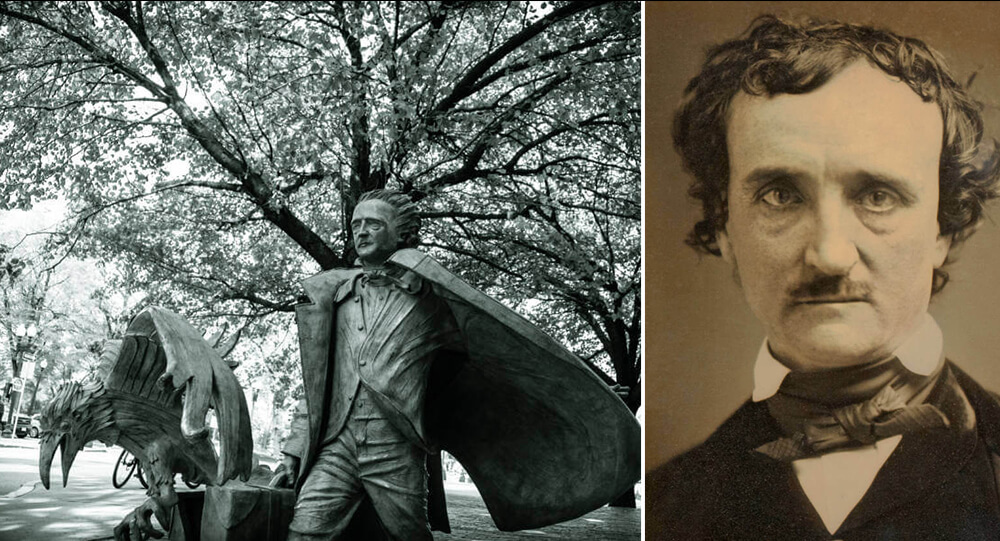






![Mysterious ghost ship found with mummified captain inside [SOLVED]](https://weeklyrecess.com/wp-content/uploads/2024/07/Solved-Mysterious-ghost-ship-with-mummified-captain-cover.jpg)




